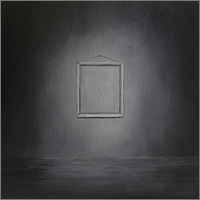
(August 2010) Since The Caretaker’s Persistent Repetition of Phrases was originally released on the Install label in 2008 (in a strictly limited edition of a mere 500 copies) James Kirby has garnered mass critical acclaim and commercial success with his epic three-disc lament, Sadly, The Future Is No Longer What It Was, so this timely re-issue is likely to be noticed and snapped up by a completely new audience now. Continuing the minimal aesthetic of the other releases on his History Always Favours The Winners label, it now comes housed in a gatefold card slipcase showcasing nothing but Ivan Seal’s paintings, packaged to resemble an actual artist’s canvas. Track titles are gone from the sleeve, the only remaining text being the title of the album on the disc itself. Even the cover painting itself is unnervingly peculiar and minimal. Is this a painting of an empty picture frame, a painting of a painting of the wall upon which it is hung, or is it a painting of a wall with a painting of a picture frame on it?
Carefully considered, crafted and thematically honed to an incredible level, the compositions on Persistent Repetition of Phrases are mere vignettes in comparison to the super-extended Leyland Kirby works. There he explored feelings of great disappointment with the modern world and consequent, unhappy nostalgia, but unless you’re willing to hunt down rare archival footage or vintage 78s (and the appropriate turntable to play them on) then the closest most of us are likely to get to the looped play-house, music hall and ballroom medleys that haunt this album will be the caricatured and inaccurate recreations of bygone eras seen in films or on television.
Kirby’s work as The Caretaker also frequents distinctly hauntological territory and surface scans of Persistent Repetition of Phrases conjure quavering, monochrome phantoms of burnt-down piers stretching from windswept, pebble beaches into cold, white-horse tussled seas, flickering spectres of parasol carrying ladies and gents strolling along promenades, conversing stiffly in tea-rooms, lace, ruffles, waistcoats, stripy bathing costumes… bloomers!
Connecting of all this together is the linking central theme of the album, which explores the human mind, memory and numerous forms of memory dysfunction.
Pop your tinted spectacles on everyone, it’s time for some “Rosy Retrospection” as we reminisce about how it was in the good old days, when our doors and locks needn’t be made of anything more than paper, when you could leave your windows open and go out for a family picnic in the countryside without fear of being burgled, when people had some respect damn it!
In “False Memory Syndrome” we discovering an old condemned building, the dripping of water through a wrecked roof echoing around the cob-webbed, dank, grey, disused space as the ghosts of imagined figures are revealed, whirling in an unsettling but beautifully choreographed slow-motion through what may once have been a plushly decorated, luxuriously furnished and vibrantly coloured dance hall.
Meanwhile, at dinner, we encounter “The Von Restorff Effect” (things that glaringly stand out from everything else around them are most likely to be remembered, often resulting in less being remembered overall), a strong recollection of the familiar, even cosy musical number being played by the live entertainment the most prominent sound to be heard, everyone and everything else around us rendered as a blurred and cluttered background of chilly, indistinct, almost alien quacking sounds that gibber and poke at our peripheral vision.
The album title, title track and “Poor Enunciation” appear to refer to a brain-damage induced language disorder called aphasia that can lead to a number of language related impairments including, funnily enough, “the persistent repetition of phrases”. Listless, elliptical and chilling, “Poor Enunciation” takes us to a dark, abandoned theatre haunted by a phantasmal choir, voices ranging from bass to soprano reaching every shadowy corner and faded, high ceiling. The indistinct, spectral crooning of what could once have been a choir (but could equally be anything at all capable of making a coherent, sustained musical sound) hangs motionless in the windswept air as “Past Life Regression”‘s one-and-a-half minute movement hypnotises the listener, fades, and is then simply repeated again, apparently unchanged. Past-life regression nonsense? Surely not.
The horrible truth of advancing Alzheimer’s is equally chillingly unmasked in the final piece, as darkness and light seem to flood into one another in a confusing melange that, once forced through the mincing machine makes virtually no sense, lacks coherence, happened yesterday (or was it today?), meeting mother at Brighton beach, in the withdrawing room, more tea vicar, on the veranda, no thank you, I don’t do I, is it my bedtime?
Coming across almost as compiled and collated rather than composed and treated (think Akira Rabelais’ Spellewauerynsherde), Persistent Repetition of Phrases is a very peculiar experience indeed. Combining nostalgia and period charm with a heavy dash of the hauntological and the genuinely psychologically disturbing, locking them into disturbed loops and then wrapping them in consummately crafted clouds of vinyl crackle and dank echoing acoustics, The Caretaker reveals a ghostly library of vintage memories and fictions that are quite simply without par.
Persistent Repetition of Phrases is out now on History Always Favours The Winners.









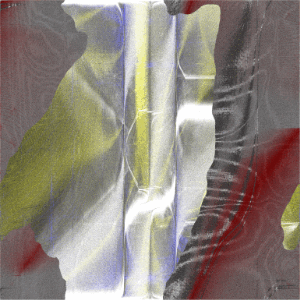
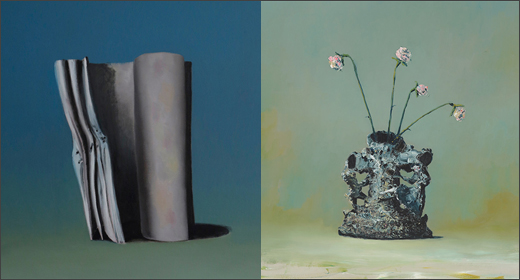
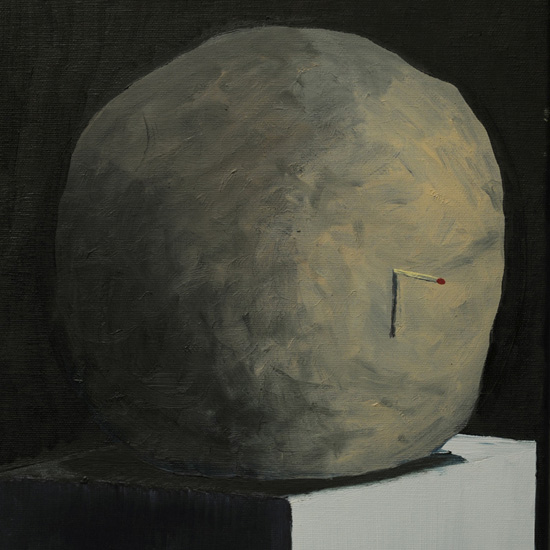
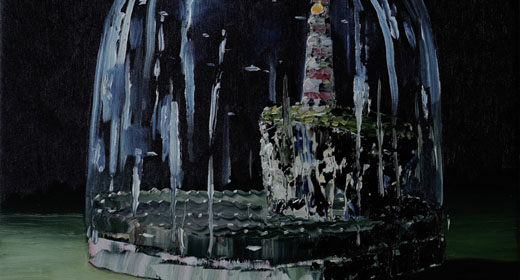
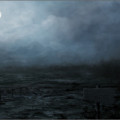
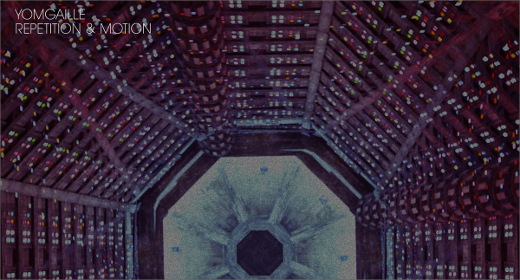








![Luke’s Anger :: Ceiling Walker EP (Love Love) — [concise]](https://igloomag.com/wp/wp-content/uploads/2025/04/lukes-anger-ceiling-walker-vinyl_feat-75x75.jpg)


